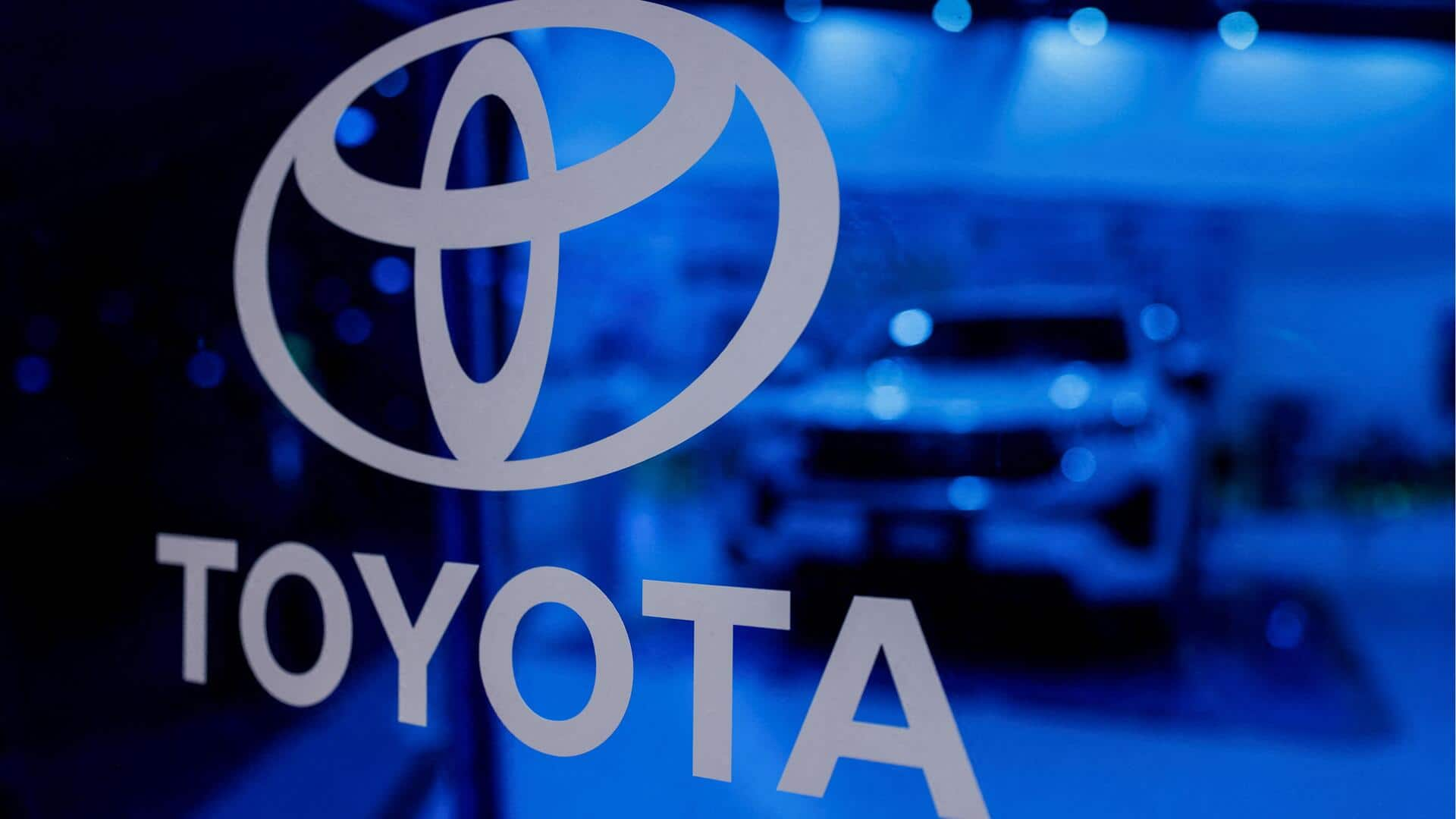
Why Toyota has delayed its EV production plans in US
What's the story
Toyota has revealed that it's pushing back the start of its electric vehicle (EV) production in North America. The Japanese carmaker pointed to design tweaks and a dip in EV sales as the reasons for this delay, as reported by Nikkei. What was initially set for late 2025 is now looking at an early 2026 start for the production of Toyota's first battery EV model at its Kentucky facility.
EV strategy
Toyota's future EV plans for the US market
Toyota spokesperson Scott Vazin confirmed the delay in production, stating that it was always a possibility for the timeline to extend into 2026. Despite this setback, Toyota remains committed to its electrification strategy. The company plans to launch five to seven battery electric vehicle models in the US within the next two years. This ambitious plan underscores Toyota's dedication toward expanding its electric vehicle portfolio in the US.
Production challenges
Factors influencing Toyota's EV production delay
The holdup in US EV production was also due to supply chain hiccups and governance problems, pushing things back by six months to around June 2026. Plus, Toyota has changed its game plan for making electric SUVs under its luxury Lexus brand in North America by 2030. Instead of building them locally, the company now wants to import these rides from Japan to the US.
Financial commitment
Toyota's investment in US facility for electrification
Even with the production hiccup, Toyota's all in on its electrification game. Back in February, they dropped a staggering $1.3 billion into their Kentucky plant just for this. This hefty investment really shows how serious Toyota is about ramping up its electric vehicle production in North America.